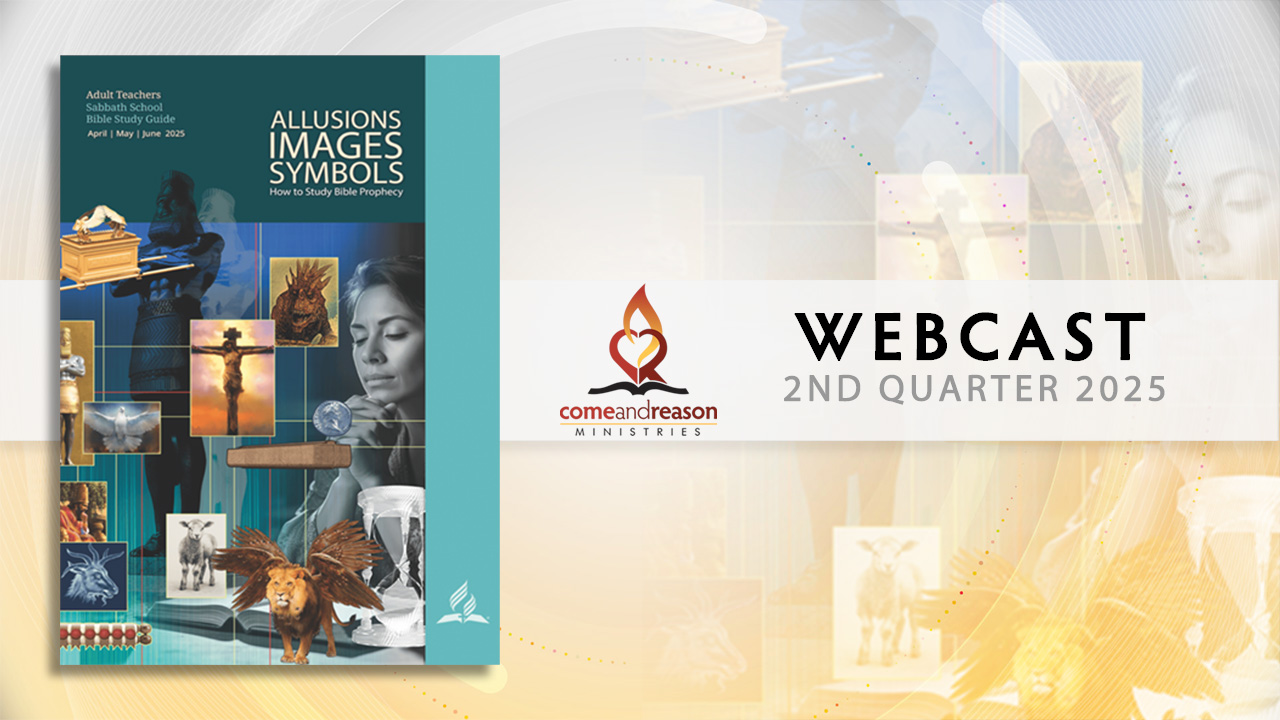In this non-penal picture of God, when I ask Him to forgive me, what am I asking Him to do? And then, following that vein, when I ask a person to forgive me, what am I asking them to do?
R
Thanks for a great question that many struggle with because we are so conditioned to believe that the problems in “sin” is breaking rules requiring imposed punishment, and thus the need for “forgiveness” is taught to mean “legal pardon.”
I have discovered that there is a split in how people define words, such as forgiveness, that seems to break down two divergent paths. That divide seems to cluster around how one sees God’s law. Does one see God’s law, like human law, imposed without any inherent consequence, thus requiring the ruling authority to police breeches in the law and impose external punishments and the offender to seek legal payment and pardon? Or, does one see God’s law as the design protocols upon which the Creator constructed His universe to operate and breeches are incompatible with life unless the Designer intervenes to heal and restore His creation back into harmony with His design?
This is the great divide throughout centuries of Christianity, ever since Constantine converted and Christianity switched its view of God’s law from the Scriptural view that God’s law is the “law of love” (not a feeling but a design protocol upon which life is built) to the Imperial Roman concept of law, rules put over requiring enforcement and punishment. As the Bible teaches, “The entire law is summed up in a single command: ‘Love your neighbor as yourself.’” (Galatians 5:14 see also DT 11:13, Rom 13:10, James 2:8, Matt 12:37-40).
Consider the case of a 14 year old young lady who was raised by her parents to protect her sexuality until marriage. She was told, in fact, that it is sin to have premarital sex. But, she also struggles with typical adolescent fears and insecurities and sadly succumbs to a boyfriend’s advances and becomes pregnant.
What will she experience when her parents find out? Will she struggle with fear of rejection, guilt, and shame perhaps? Might she doubt her parents’ response? Might she ask them for forgiveness? If so, for what is she asking?
Is she asking that her parents not kill her? Is she asking for legal pardon, for her parents not to inflict punishment upon her? Sadly, in some cultures this very well might be for what she is asking, but would she need to ask that of you? And what does it say about love in cultures where parents do kill their adolescent daughters for making such mistakes? So when she asks, in a culture where parents would not kill her, for forgiveness is her heart primarily seeking penal solutions? Or is she seeking reconciliation, the assurance that her parents still love her and don’t hold hostility and rejection in their heart toward her? Is she seeking for their help in dealing with the problem her own choice has made?
So, in the healing model, when people ask God for forgiveness they are seeking for the peace that comes when they experience His heart of forgiveness, but which their own misconduct, self-recrimination, guilt and shame obstructed them from experiencing. In opening our heart to God in humble acknowledgement of our wrong, and repentance, we experience His grace, which is transformational via the indwelling of His Spirit. Thus, we are being changed and renewed in a relational process with our Creator.
So first, forgiveness is relational and is extended from the heart of the offended toward the offender. “For God so loved the world that he gave his one and only Son, that whoever believes in him shall not perish but have eternal life. For God did not send his Son into the world to condemn the world, but to save the world through him. (John 3:16,17 emphasis mine)
God is love and therefore God’s heart is always one of forgiveness, and never needs inducement or requests to be so. Our confession and request to be forgiven is the opening of the heart to receive the forgiveness that God constantly extends. (Remember Jesus on the Cross extending forgiveness to His murderers. They didn’t open their hearts in repentance, but Jesus demonstrated God’s attitude is one of forgiveness).
Second, forgiveness can also be used in a theological sense to describe the completed process of salvation. If used in this context then it can mean the internal transformation of heart motive and restoration to righteousness i.e. new heart and right spirit. Thus forgiveness can also mean the entire process of healing and reconciliation with God. Therefore, when we ask for forgiveness we are really asking to experience God’s grace and healing power in our lives to restore us back into a right relationship with Him, by transforming us to be like Him. This is what David was praying when he prayed, “Create in me a pure heart, O God, and renew a steadfast spirit within me.” (Ps 51:10) This healing, recreation of godliness within, is what Hebrews 9:22 is referring to when, in some translations, it say, “without the shedding of blood there is no forgiveness.” Other translations say, “without the shedding of blood there is no remission.”
The idea of the Hebrews text being very much like healing someone with cancer, the cancer needs to go into remission. Without Christ’s life, death and resurrection – (i.e. shed blood) sinfulness in humankind would not remit. It is only through Christ that sinfulness is remitted from the character and we are recreated back into God’s original ideal that He intended mankind in Adam to be.
This is Biblical forgiveness from a forgiving God. It is healing, transformational and restorative. This is the view of forgiveness understood when we understand God’s law as the law of love, an expression of His character, and the protocols upon which He constructed life to operate.
But, when we replace the Biblical view of God’s law with the Imperial Roman idea of imposed law, then we misconceive of God as a dictator who must police His universe and enforce punishments. In this twisted worldview, forgiveness becomes misunderstood to mean legal pardon that we must receive from God, and that God but receive legal payment in order to “forgive” or “pardon” us. And, unbelievably, the payment, which somehow causes God to extend forgiveness, is typically stated as the blood of His Son.
We are calling people back to worship the Designer, the Creator, the Builder of the universe and understand His law as the design protocol of life and reject the dictator view of God that has so infected Christianity. This is the call of the first angel of Revelation, to “Worship him who made the heavens, the earth, the sea and the springs of water.” (Rev 14:7) It is a call to see God working through Christ to achieve His goal of restoring His creation back into unity with Himself. “God was in the Son reconciling the world unto Himself.” (2Cor 5:19)
So by all means, ask God to restore, recreate and renew you in the likeness of His Son, bringing you into “at-one-ment” (unity) with Him. This is true forgiveness.










 using your credit or debit card (no PayPal account needed, unless you want to set up a monthly, recurring payment).
using your credit or debit card (no PayPal account needed, unless you want to set up a monthly, recurring payment). instead?
instead?